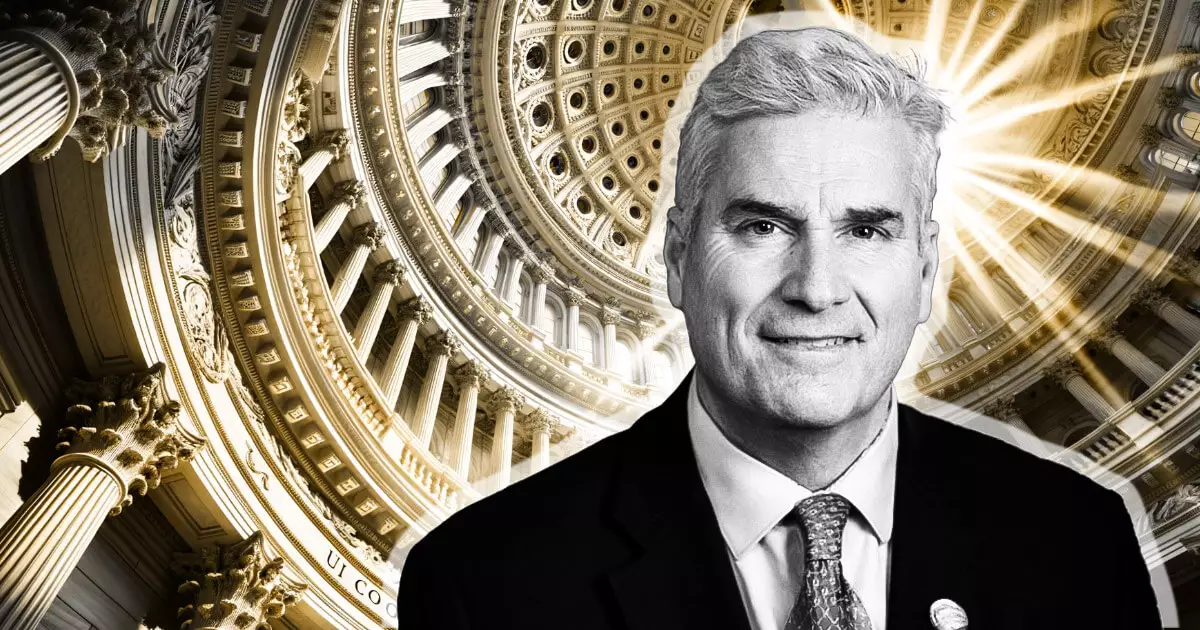In recent developments, House Majority Whip Tom Emmer has expressed his concerns regarding government agencies under the Biden administration collecting data on Bitcoin mining firms. Emmer criticized the Office of Management and Budget (OMB) for approving a request from the Energy Information Administration (EIA) that imposes a “new, mandatory information collection regime” on the Bitcoin mining industry. The lack of a comment period for the approval of this information collection request has raised questions about the necessity and validity of the data being collected. Emmer argues that there is no evidence of public harm stemming from Bitcoin mining activities, therefore questioning the motives behind the OMB’s decision.
Emmer emphasized in his letter that Bitcoin mining is not a threat to public safety and plays a crucial role in maintaining the operations of the Bitcoin network. He defended the open and permissionless nature of Bitcoin technology, stating that it reflects American values of innovation and progress. Emmer called for a politically neutral policy that does not discriminate against the crypto industry. By linking the information collection policy to President Biden’s leadership, Emmer suggested that it reflects a broader agenda against energy consumption in the administration’s policy positions.
The EIA’s concerns about the potential increase in Bitcoin mining activities amid rising energy prices have prompted the agency to collect data from 82 crypto-mining firms. Emmer argued that the agency’s broad survey is an attempt to impose Scope 3 climate policies, which go beyond a company’s immediate operations. He compared the EIA’s data collection efforts to the Securities and Exchange Commission’s (SEC) previous attempts, which were met with criticism from industry stakeholders. Emmer raised alarm over the penalties that non-compliant companies may face, including daily fines of up to $10,000.
Despite concerns about the energy consumption of Bitcoin mining, Emmer pointed out that mining activities can be adjusted during peak hours and changing weather conditions to mitigate any potential impact. He suggested that the EIA’s data collection efforts may not accurately capture the dynamic nature of mining operations and their ability to adapt to different circumstances. Emmer questioned the necessity of collecting such a large amount of data from crypto-mining firms and raised doubts about the underlying motives behind the survey.
The government’s crackdown on Bitcoin mining activities raises questions about the balance between regulation and innovation in the cryptocurrency industry. While concerns about energy consumption and environmental impact are valid, imposing strict data collection requirements and penalties on mining firms may hinder technological progress and investment in the sector. It is crucial for government agencies to engage in constructive dialogue with industry stakeholders to develop policies that promote sustainability and growth while ensuring a level playing field for all participants in the crypto space.


Leave a Reply